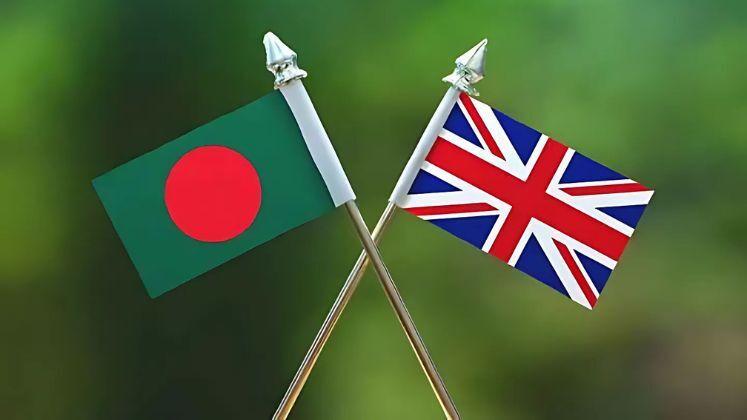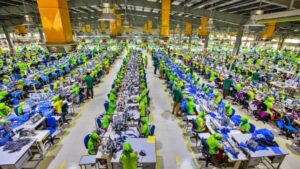
A recent study commissioned by HSBC has highlighted the need for Bangladesh to diversify its export base beyond ready-made garments (RMG) to strengthen economic relations with the UK. Conducted by Ernst & Young LLP Bangladesh and Quay Asia, the report emphasises the potential for increased exports of pharmaceuticals, leather goods, jute products, and agro-processed goods.
The study underscores the importance of Bangladesh integrating more deeply into global supply chains, a move that aligns with the UK’s Developing Countries Trading Scheme. Such diversification is seen as crucial for ensuring that Bangladesh retains preferential access to the UK market following its transition from Least Developed Country (LDC) status.
Infrastructural development in ports, logistics, and digital systems is deemed essential for facilitating smoother bilateral trade, as highlighted in the report. Furthermore, aligning regulatory frameworks and fostering skill development through partnerships are critical for sustaining a synergistic economic partnership between the two nations.
The report was launched during an event in the capital, attended by notable figures including Lutfey Siddiqi, special envoy on international affairs to the chief adviser, and Sarah Cooke, the British high commissioner to Bangladesh.
The event also featured prominent attendees including Dan Pasha, director of trade and investment at the British High Commission; Shamima Akhter, director of corporate affairs at Unilever Bangladesh; and executives from Ernst & Young and Quay Asia, among others. The gathering aimed at fostering dialogue between government officials, business leaders, and trade associations to explore avenues for enhanced trade and investment collaboration.






